Nvidia hackers leak 190GB of data allegedly stolen from Samsung
The LAPSUS$ hacking group claims to have breached the tech giant to steal internal data and source code
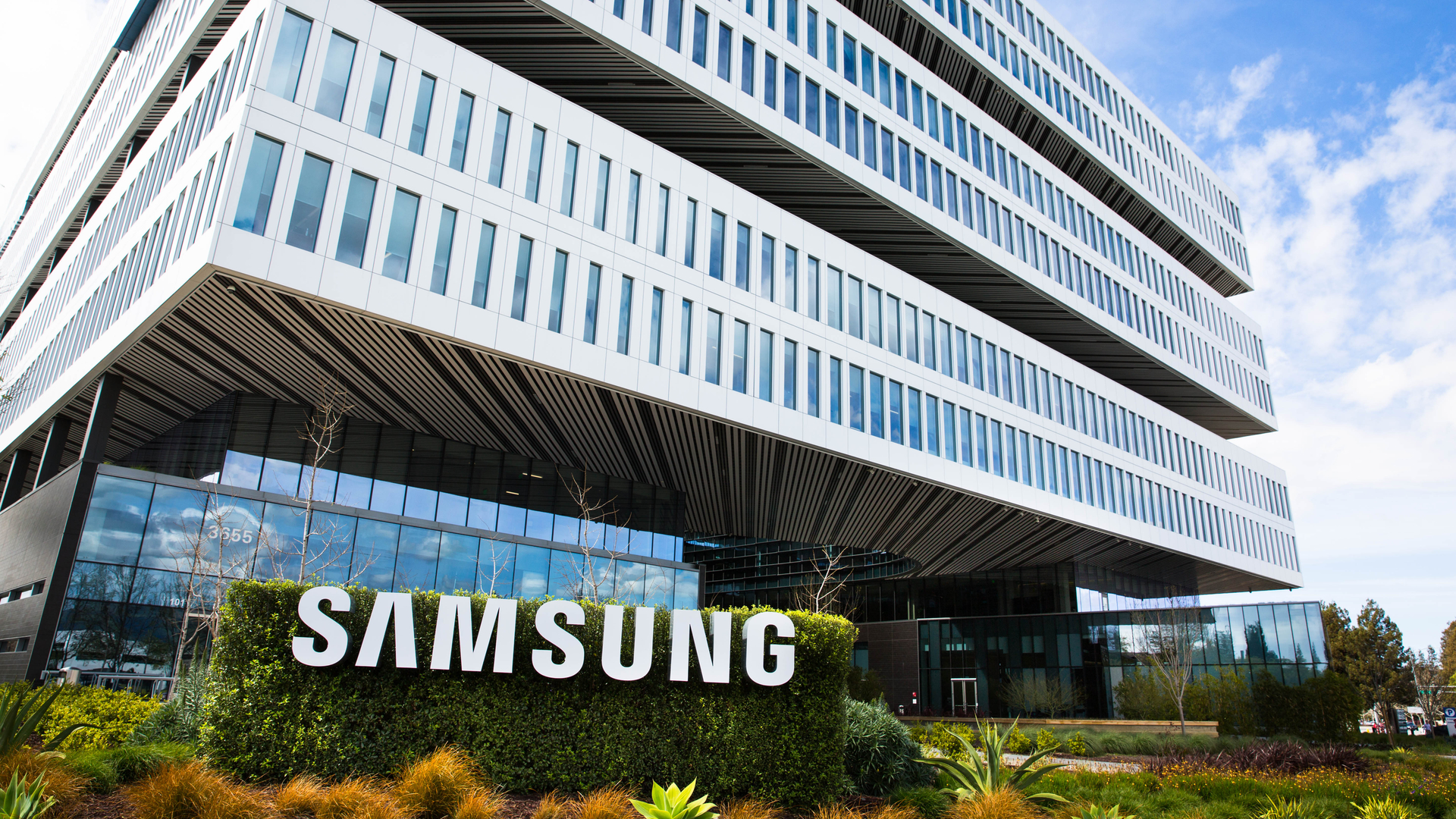

LAPSUS$, the hacking group responsible for the recent Nvidia hack, claim to have breached tech giant Samsung to steal almost 200GB of sensitive data.
Among the 190GB trove of exposed files is source code for Samsung’s activation servers, bootloaders and biometric unlock algorithms for all recently released Samsung devices, and trusted applets for Samsung’s TrustZone environment. Confidential source code belonging to Qualcomm is also believed to be among the leaked data
Members of the LAPSUS$ hacking group have claimed responsibility for the data breach, posting details of the obtained data in a Telegram channel and telling other members to “enjoy” the contents which have been made available to download over Torrent.
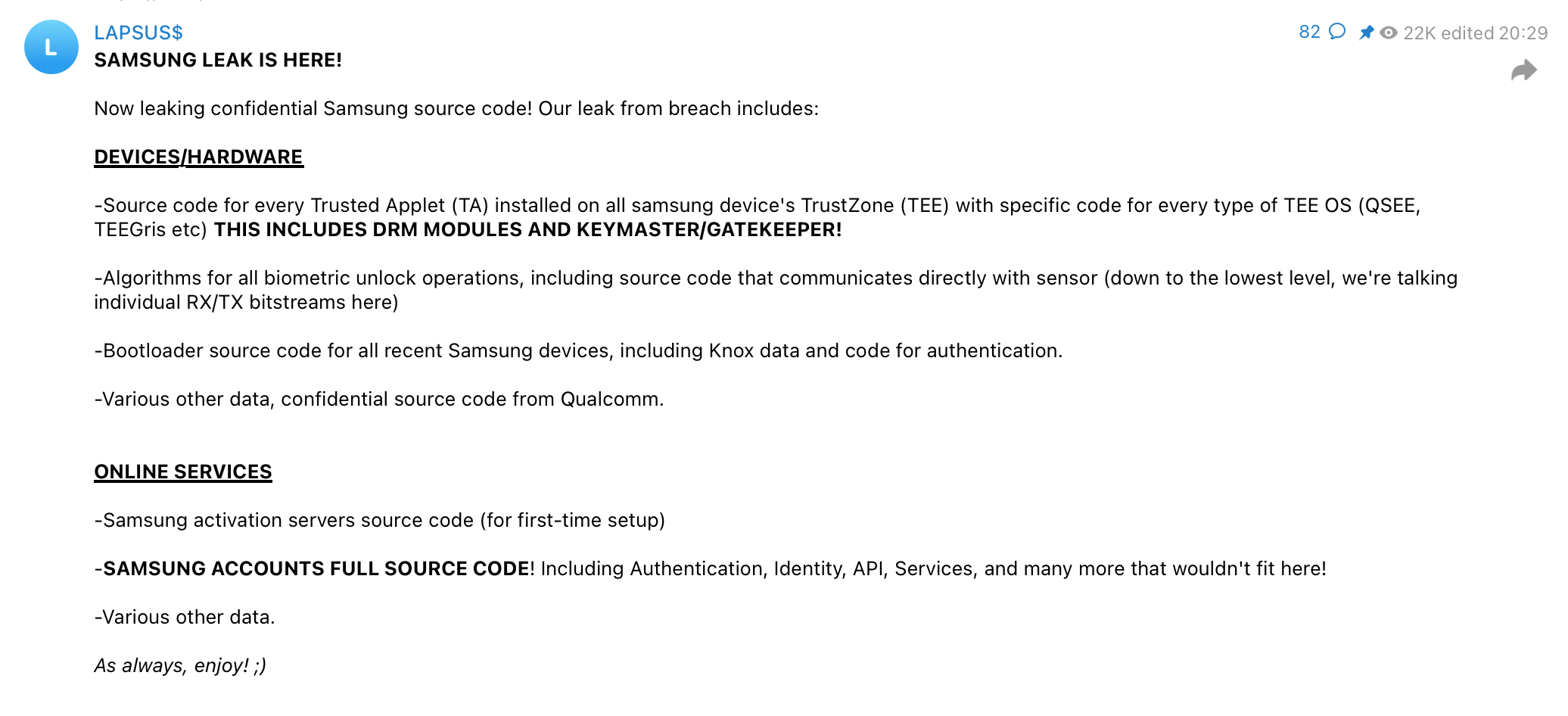
According to the message, the hackers also managed to obtain “various other data”, yet the elements listed could place Samsung device users in immediate threat of being hacked or impersonated by cyber criminals.
For instance, the trusted applets (TA) source codes obtained by LAPSUS$ are installed in Samsung’s Trusted Execution Environment (TEE) known as TrustZone, meaning that the hackers – and everyone who has downloaded the Torrent files – could be able to bypass Samsung’s hardware cryptography, binary encryption, as well as access control.
The total size of the leaked data comes to about 190GB, which LAPSUS$ split into three compressed files, and more than 400 peers have already downloaded and shared the torrent.
RELATED RESOURCE

The best defence against ransomware
How ransomware is evolving and how to defend against it
A Samsung spokesperson said that it has taken steps to bolster its security system "immediately after discovering the incident".
Get the ITPro daily newsletter
Sign up today and you will receive a free copy of our Future Focus 2025 report - the leading guidance on AI, cybersecurity and other IT challenges as per 700+ senior executives
"According to our initial analysis, the breach involves some source code relating to the operation of Galaxy devices, but does not include the personal information of our consumers or employees. Currently, we do not anticipate any impact to our business or customers. We have implemented measures to prevent further such incidents and will continue to serve our customers without disruption," they told IT Pro.
Qualcomm wasn't immediately available for comment, and it remains unclear whether the hacking group had any demands for Samsung before it leaked the confidential data.
News of the hack comes just weeks after researchers found “severe” security flaws in a long line of Samsung's flagship smartphones that, if exploited, would enable attackers to lift cryptographic keys.
It also comes five days after Nvidia confirmed that the LAPSUS$ hacking group had successfully breached its systems on 26 February and distributed 1TB of confidential company data, including security credentials belonging to 71,000 past and present Nvidia employees.
The hacking collective managed to obtain the data using a double extortion method of operation that involves compromising a victim and stealing data before encrypting their machine, as well as threatening to leak the stolen data if the ransom isn’t paid. Double extortion cases have been on the rise in the past year, with one in seven cases resulting in critical data being leaked.
Although LAPSUS$’ attacks come amid the escalating cyber warfare caused by the Russian invasion of Ukraine, the hacking group has maintained that it’s “not state sponsored” and that its actions aren’t politically motivated.
Carbonite and Webroot principal solutions analyst Matt Aldridge said that, similarly to "most modern cyber attacks, these gangs continue to be more inventive with the types of data and businesses they target".
"Considering the victim is a high-profile business, the hackers may have posted a message releasing Samsung’s data with a snapshot of its source code so that they can gain additional leverage for a potential ransom demand. However, since the data breach has already occurred and the data has been exfiltrated, no amount of ransom payment can guarantee that all copies of the data will be securely destroyed," he added.
Having only graduated from City University in 2019, Sabina has already demonstrated her abilities as a keen writer and effective journalist. Currently a content writer for Drapers, Sabina spent a number of years writing for ITPro, specialising in networking and telecommunications, as well as charting the efforts of technology companies to improve their inclusion and diversity strategies, a topic close to her heart.
Sabina has also held a number of editorial roles at Harper's Bazaar, Cube Collective, and HighClouds.
-
 Why keeping track of AI assistants can be a tricky business
Why keeping track of AI assistants can be a tricky businessColumn Making the most of AI assistants means understanding what they can do – and what the workforce wants from them
By Stephen Pritchard
-
 Nvidia braces for a $5.5 billion hit as tariffs reach the semiconductor industry
Nvidia braces for a $5.5 billion hit as tariffs reach the semiconductor industryNews The chipmaker says its H20 chips need a special license as its share price plummets
By Bobby Hellard
-
 Five things to consider before choosing an MFA solution
Five things to consider before choosing an MFA solutionIn-depth Because we all should move on from using “password” as a password
By Rene Millman
-
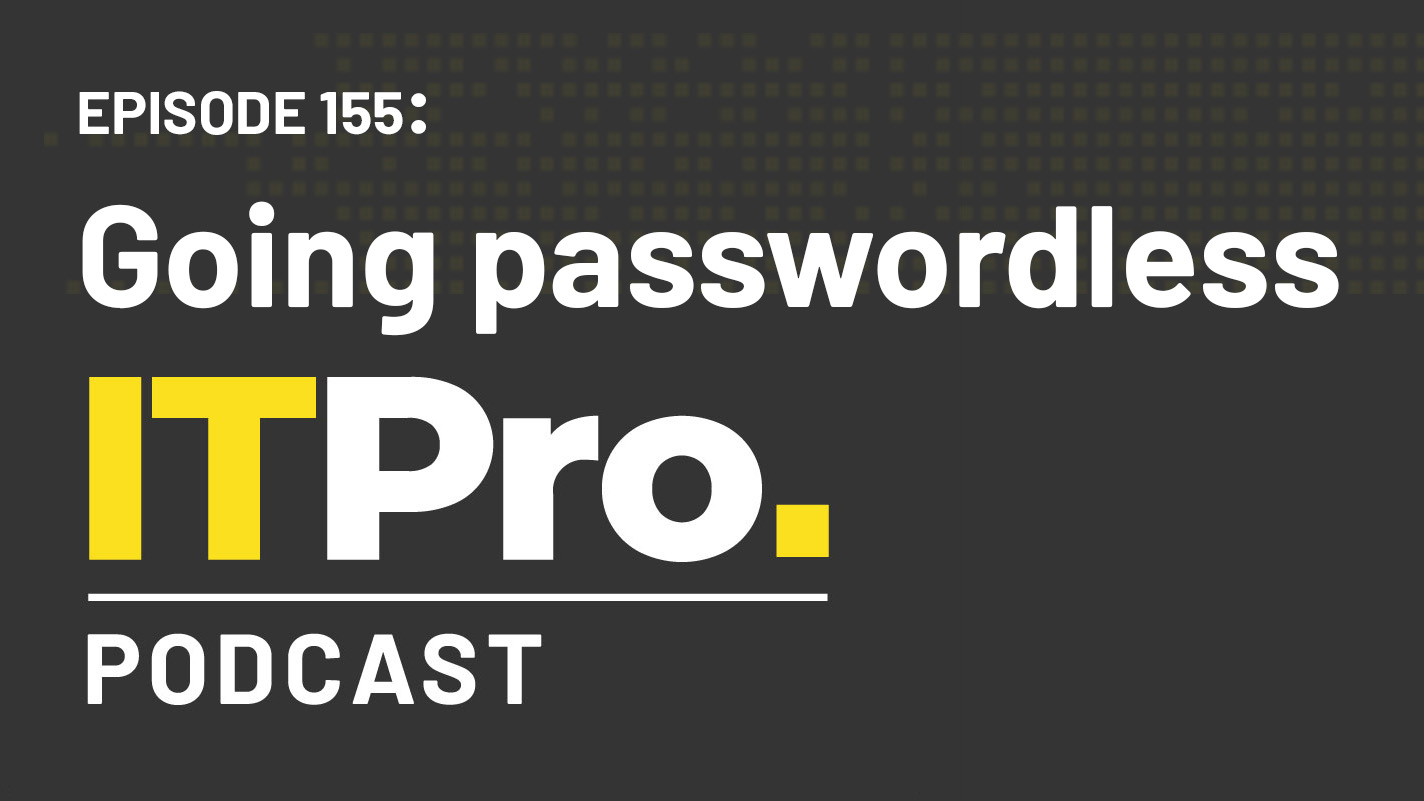 The IT Pro Podcast: Going passwordless
The IT Pro Podcast: Going passwordlessIT Pro Podcast Something you are, or something you have, could be more important than a password you know in the near future
By IT Pro
-
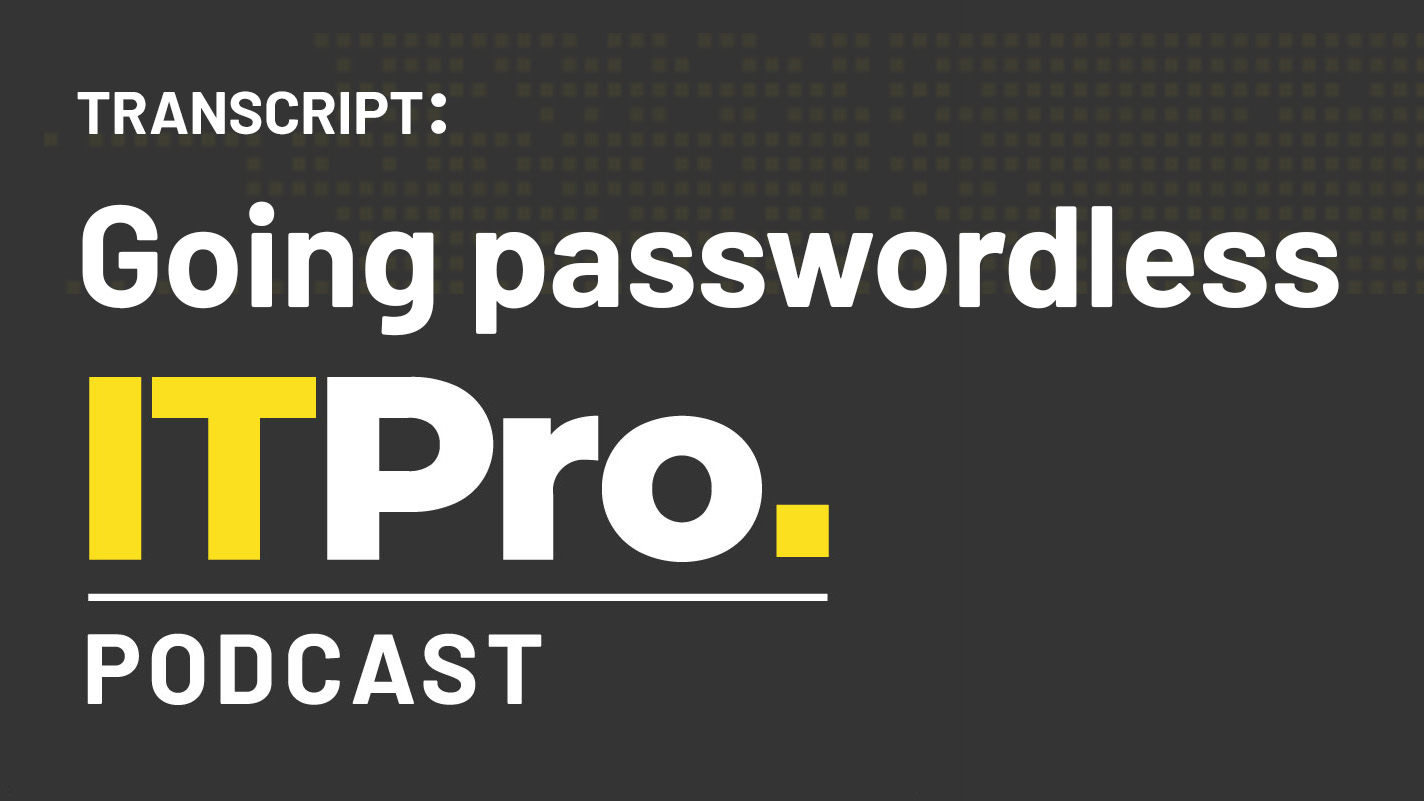 Podcast transcript: Going passwordless
Podcast transcript: Going passwordlessIT Pro Podcast Read the full transcript for this episode of the IT Pro Podcast
By IT Pro
-
 UK police fails ethical tests with "unlawful" facial recognition deployments
UK police fails ethical tests with "unlawful" facial recognition deploymentsNews A University of Cambridge team audited UK police use of the tech and found frequent ethical and legal shortcomings
By Rory Bathgate
-
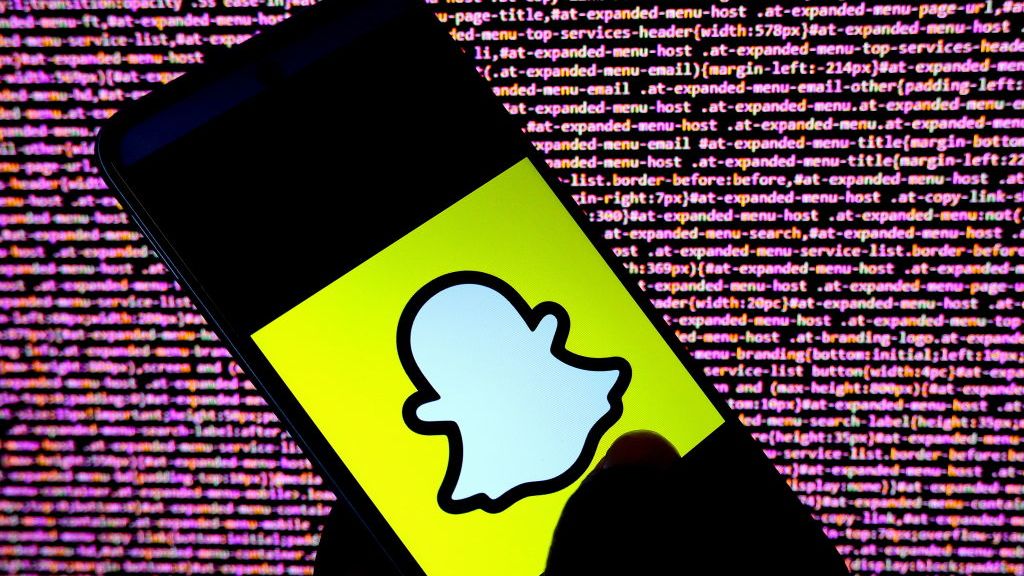 Snapchat settles for $35 million in Illinois biometrics lawsuit
Snapchat settles for $35 million in Illinois biometrics lawsuitNews The social media giant had been accused of improperly collecting, storing facial geometry in violation of state legislation
By Rory Bathgate
-
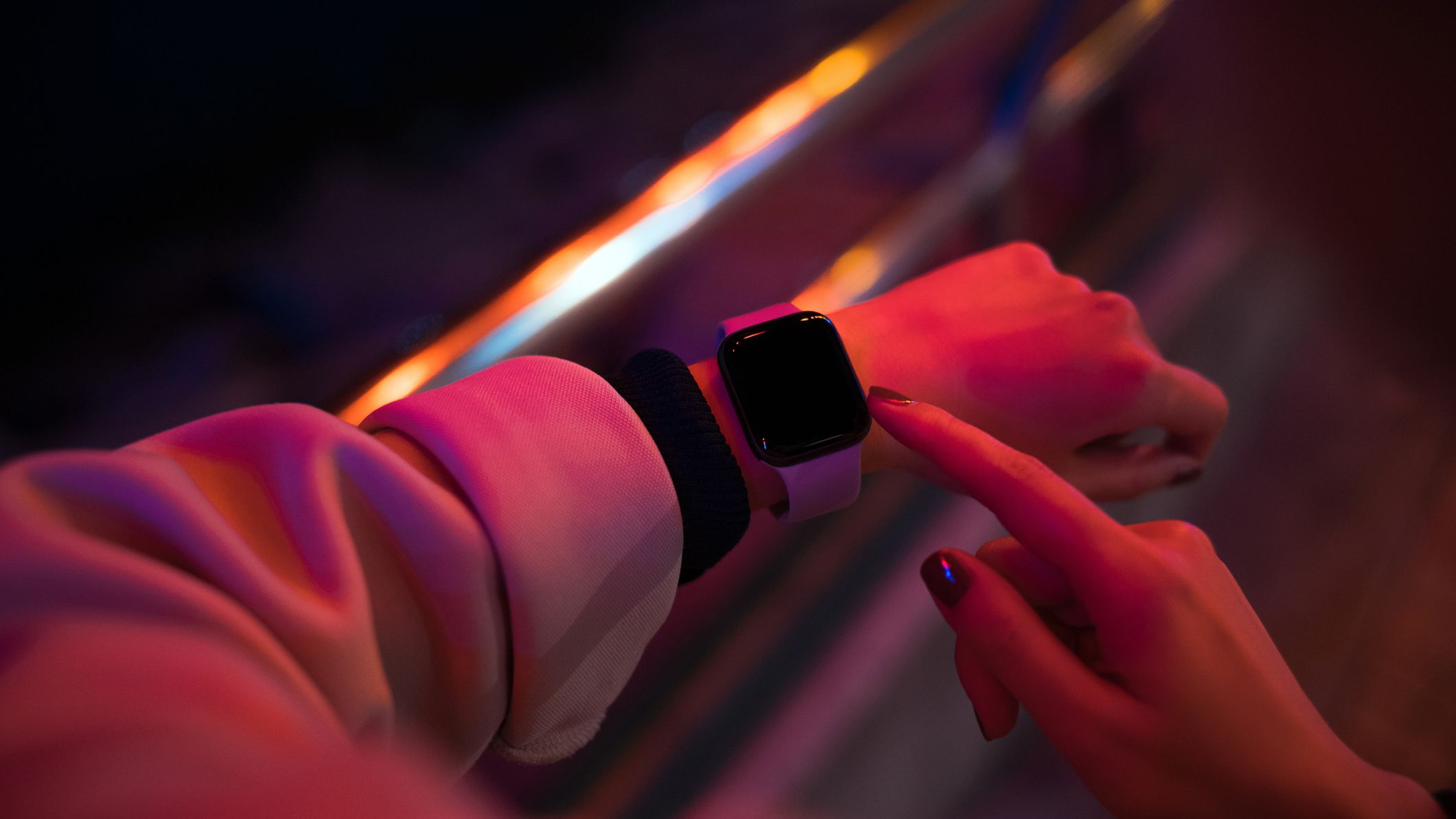 Home Office to collect foreign offenders' biometric data using smartwatch scheme
Home Office to collect foreign offenders' biometric data using smartwatch schemeNews Facial recognition and geolocation data will be matched against Home Office, Ministry of Justice and police databases
By Rory Bathgate
-
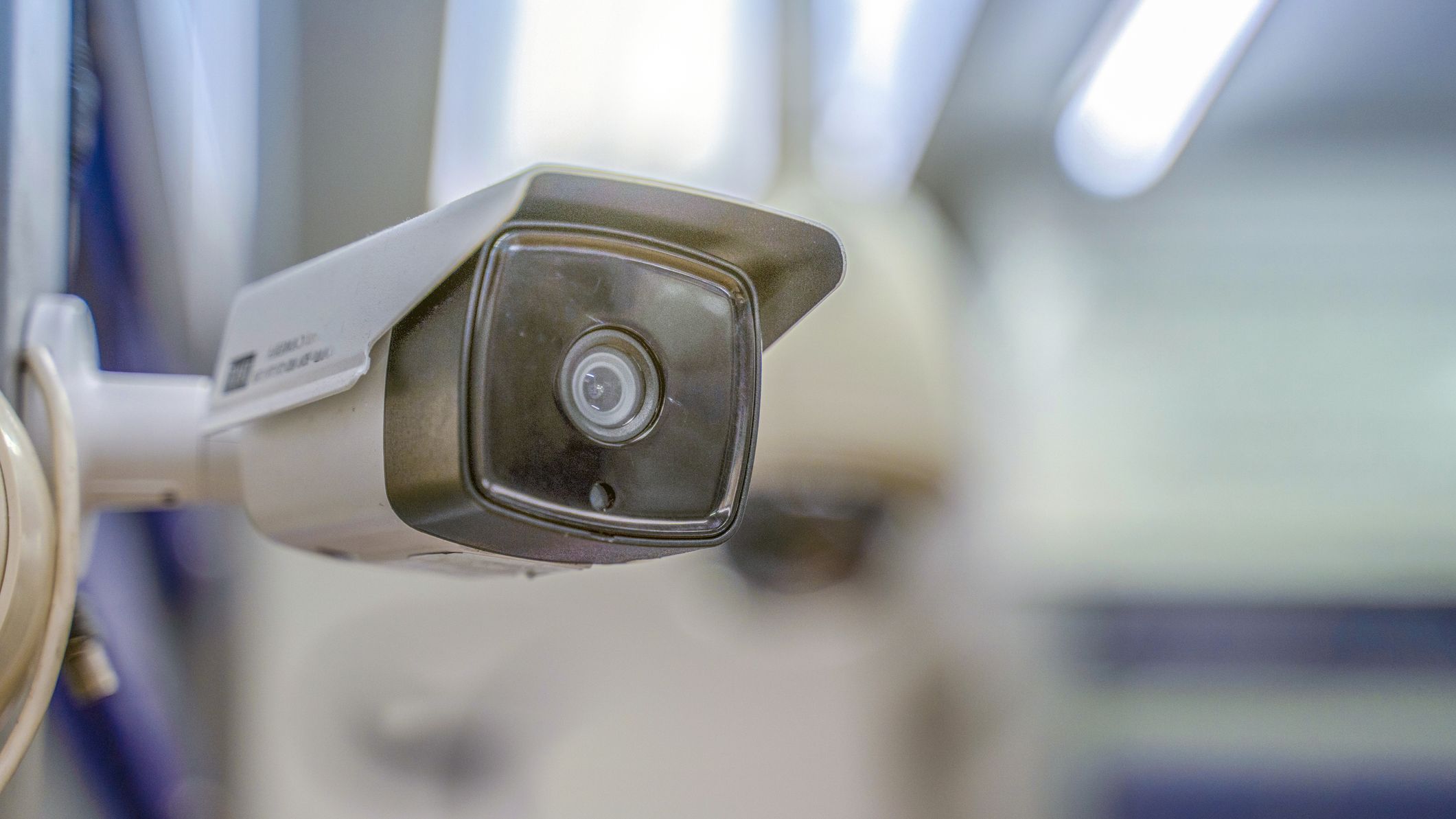 Southern co-operative faces legal complaint for facial recognition CCTV
Southern co-operative faces legal complaint for facial recognition CCTVNews Rights group Big Brother Watch has written to the Information Commissioner to “stop unlawful processing”
By Rory Bathgate
-
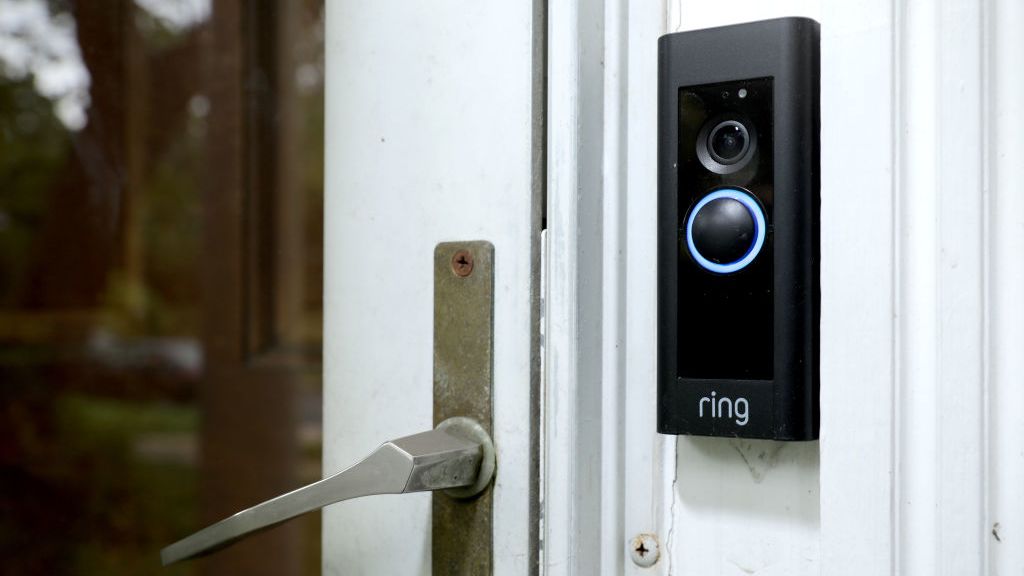 Amazon gave police departments Ring footage without permission
Amazon gave police departments Ring footage without permissionNews The tech giant has done this 11 times this year
By Zach Marzouk